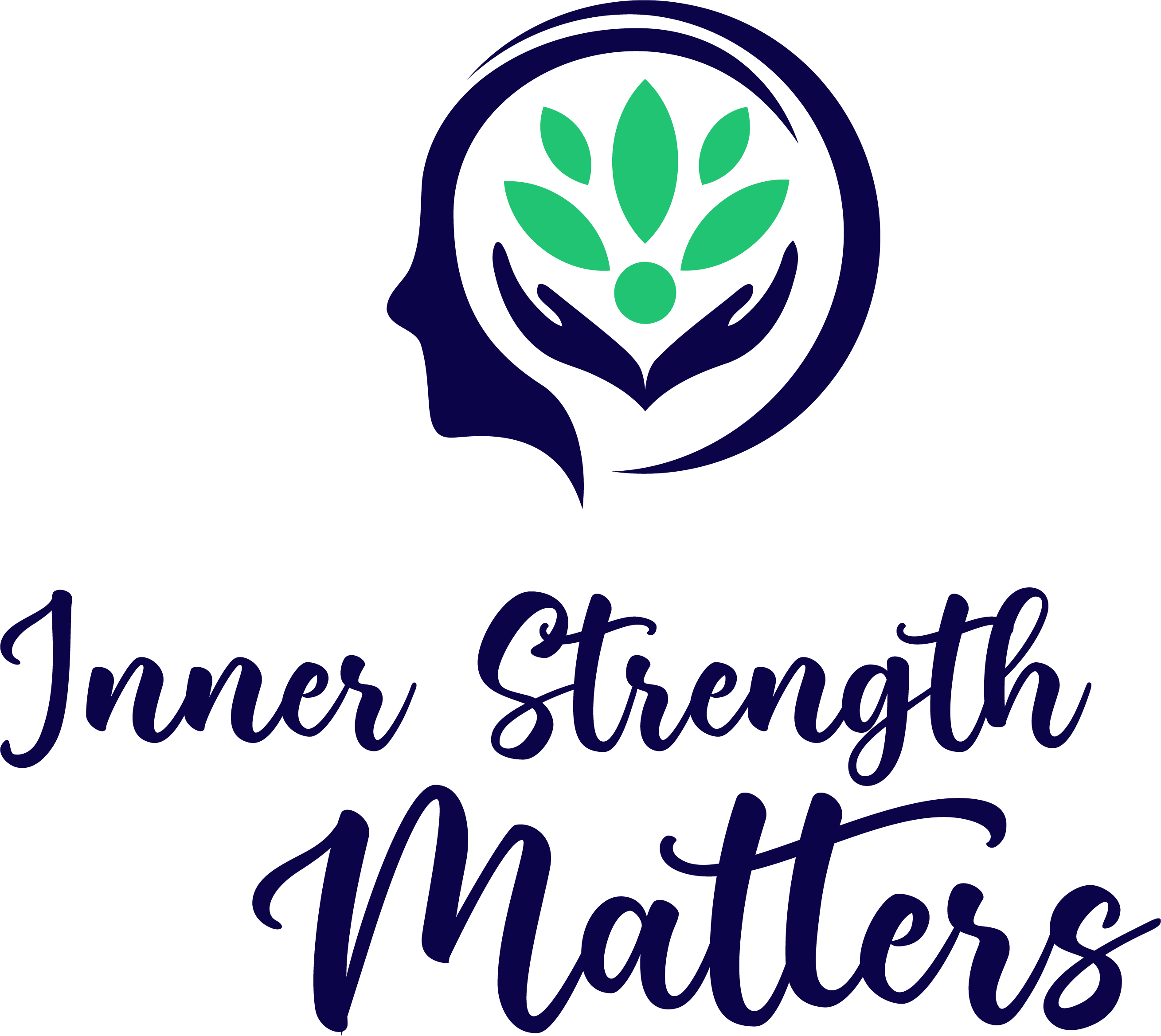In today’s fast-paced world, our energy and well-being are constantly under siege. Between work demands, social obligations, and personal struggles, it’s easy to feel overwhelmed and depleted. This is where inner strength – that unwavering core of resilience – becomes crucial. But inner strength isn’t built in isolation. It thrives on a foundation of healthy boundaries.
This article explores the intricate relationship between inner strength and boundaries. We’ll delve into the different types of boundaries, how to set them assertively, and the profound benefits they offer for building resilience and mental well-being.
Why Boundaries Matter for Inner Strength
Boundaries are essentially invisible lines we draw around ourselves, defining what is acceptable behavior and what is not. They encompass various aspects of our lives, including:
- Emotional boundaries: Protect our emotional well-being from negativity and manipulation.
- Physical boundaries: Define our physical space and privacy.
- Time boundaries: Manage our time effectively and prevent others from infringing on it.
- Material boundaries: Protect our possessions and resources.
- Strong boundaries are essential for inner strength because they:
- Reduce Stress and Anxiety: By preventing others from taking advantage of our time and energy, boundaries prevent stress and anxiety from building up.
- Promote Self-Respect: Setting boundaries communicates that we value ourselves and our time. This fosters self-respect, a critical component of inner strength.
- Empower Us to Say “No”: Having clear boundaries empowers us to politely yet firmly decline requests that would deplete our resources or violate our values. This allows us to prioritize our well-being and focus on what truly matters.
- Improve Relationships: Healthy boundaries strengthen relationships by fostering mutual respect and understanding. People appreciate knowing what to expect and where the lines are drawn.
Without healthy boundaries, our inner strength becomes vulnerable. When we allow others to constantly overstep our boundaries, we become drained, resentful, and ultimately, less resilient.
Setting Boundaries Assertively: Communication is Key
Setting boundaries is an ongoing process that requires clear communication and assertiveness. Here are some practical tips:
The first step is to understand your own needs and values. What is important to you? What behaviors are disrespectful or draining?
When communicating a boundary, be clear and direct in your language. Avoid wishy-washy phrases like “maybe” or “I guess.” Use “I” statements to communicate your feelings and needs. For example, “I feel overwhelmed when you ask me to take on extra work at the last minute.”
It’s helpful to offer an alternative when setting a boundary. For example, “I can’t help you today, but I might be available tomorrow afternoon.”
Don’t be discouraged if people initially push back against your boundaries. Be prepared to reiterate them firmly and consistently.
Setting boundaries is not about being selfish; it’s about self-respect and self-care. When you prioritize your well-being, you’ll have more energy and resilience to offer those around you.
The Power of Saying “No”
Saying “no“ is a powerful tool for building inner strength. It allows you to prioritize your well-being and avoid commitments that would drain your energy and resources. Here’s how to say “no” assertively. Be Polite yet Firm there’s no need to be rude, but be firm in your refusal. You may choose to offer a brief explanation, especially if it’s a colleague or friend. However, you’re not obligated to provide a detailed reason for saying no.
If you’re comfortable, suggest a different time or way to fulfill the request. Don’t apologize for setting boundaries. You have the right to say no without feeling guilty.
Saying “no” is not about being negative; it’s about managing your time and energy effectively. By saying no to things that don’t align with your priorities, you create space for the things that truly matter.
Building Inner Strength Through Healthy Boundaries
Here are some additional ways healthy boundaries contribute to inner strength:
Increased Self-Confidence:
As you set and enforce boundaries, you develop trust in your ability to take care of yourself. This fosters self-confidence and inner strength.
Improved Decision-Making:
Clear boundaries guide your decision-making process. You’re better equipped to evaluate requests and commitments based on your own needs and priorities, leading to more empowered choices.
Reduced People-Pleasing Tendencies:
Healthy boundaries liberate you from the constant need to please others. You can focus on building genuine connections based on mutual respect, not obligation.
Stronger Sense of Identity:
Boundaries help define who you are and what you stand for. This fosters a stronger sense of self and identity, contributing to inner strength.
Setting Boundaries is a Skill:
Setting boundaries is essential for maintaining your mental, emotional, and physical well-being. It’s a way of honoring yourself and your needs while also respecting the needs and boundaries of others. Without clear boundaries, it’s easy to become overwhelmed, drained, or resentful in your relationships and interactions.
One important aspect of setting boundaries is learning to recognize and communicate your limits effectively. This means understanding what you’re comfortable with and what crosses the line for you. It’s okay to say no to requests or situations that don’t align with your values or priorities, even if they disappoint or inconvenience others.
Another key component of boundary-setting is being assertive yet compassionate in your communication. Expressing your boundaries calmly and assertively helps others understand where you stand, while also demonstrating self-respect. Remember, setting boundaries isn’t about being aggressive or confrontational; it’s about advocating for yourself in a respectful manner.
It’s also crucial to be consistent with your boundaries. People may test or push against them, especially if they’re used to you being more accommodating or passive. Stay firm in upholding your boundaries, even if it feels uncomfortable or you encounter resistance. Consistency reinforces the message that your boundaries are non-negotiable and worthy of respect.
Lastly, be patient with yourself as you navigate the process of setting and maintaining boundaries. It’s normal to encounter challenges or setbacks along the way. Instead of viewing them as failures, see them as opportunities for growth and learning. With time and practice, setting boundaries will become a natural and empowering aspect of your self-care routine.
Conclusion:
Inner strength and healthy boundaries are intricately linked. By establishing clear boundaries, you prioritize your well-being, cultivate self-respect, and empower yourself to navigate life’s challenges with greater resilience. Remember, self-care is not selfish; it’s the foundation for building inner strength and fostering healthy, fulfilling relationships.

